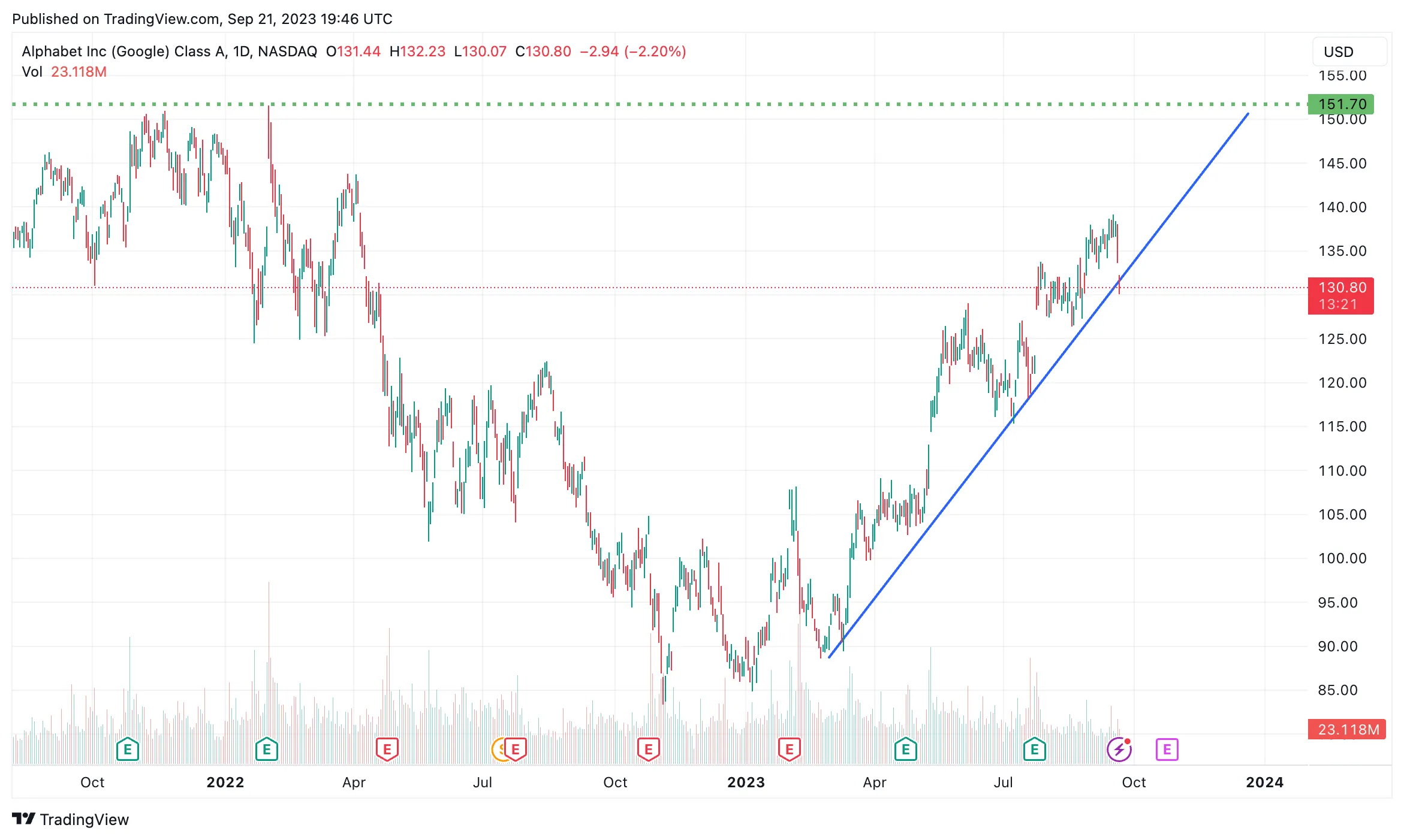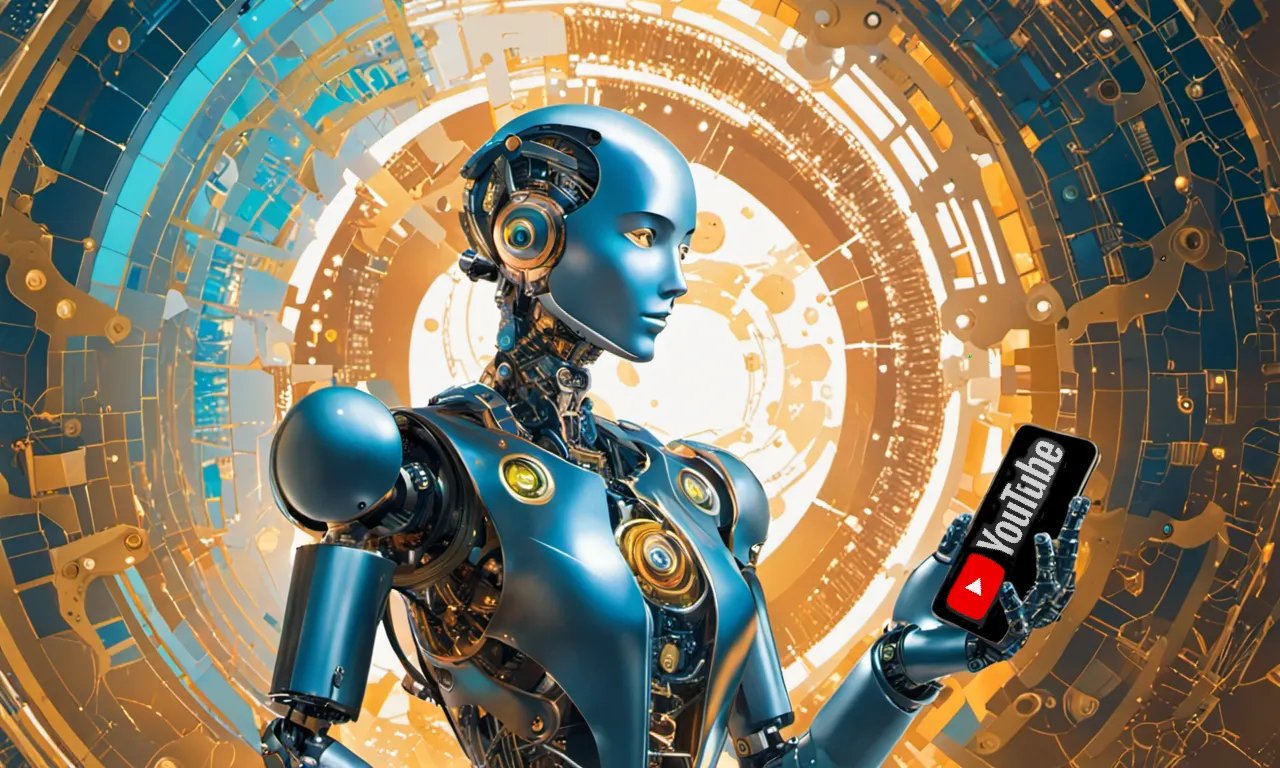Google is going all in on artificial intelligence, integrating AI capabilities throughout its suite of products including Google Docs and Search. The tech giant aims to use AI to enhance user experiences, tap into new creative possibilities, and optimize workflows—and its latest target is YouTube.
On Thursday, Google unveiled new AI-powered features to bolster video creation on both Shorts and long-form clips on YouTube. This includes an experimental feature called "Dream Screen," which lets creators generate vibrant AI-powered backgrounds for Shorts just by typing a prompt.
"Creators will be able to generate new, fantastic settings for their Shorts that are only limited by what they can imagine," said Toni Reid, Vice President of Emerging Experiences & Community Products at YouTube in a blog post.
The video platform is also launching a free mobile app called YouTube Create, currently in beta, that makes shooting and editing clips much simpler. It offers features like automatic captions, effects, transitions, and more.
Google explained that the new YouTube app will offer AI-powered video editing tools, along with a suite of effects, voiceover capabilities, filters, and more.
Beyond video creation, YouTube will integrate AI to provide data-driven suggestions to creators. For example, YouTube Studio will use generative AI to analyze what viewers are watching and suggest personalized video ideas and outlines to creators next year.
"All-in on AI"
However, the AI hype didn’t just hit the YouTube team. Decrypt previously reported that Google is also expanding the capabilities of its AI chatbot, Bard, in an effort to turn it into another tool used by people in their everyday lives.
The new "Bard Extensions" allow the bot access to your Google Workspace apps like Gmail, Drive, and Docs so that it can provide tailored, personalized responses using your data.
"It's the first time a language model product is truly integrating with your personal data," said Jack Krawczyk, Bard's product lead.
While promising more helpful insights, Google claims that this data integration is optional and private. Bard's results are generated using the AI model only; user data isn't used to train Bard.
But Bard may soon be old news in the AI space as Google is testing an advanced new AI model called Gemini that combines text, images, and data to generate more coherent responses. This multimodal model is designed to be more capable than any single language model available today, with Google touting it as a "big step forward" in conversational AI.
Early tests suggest that Gemini can answer broader questions with higher accuracy than other LLMs, per the company. Google aims to eventually integrate Gemini into its products once testing is complete, which could propel its AI capabilities ahead of competitors.
“We’re already seeing impressive multimodal capabilities not seen in prior models,” Google CEO Sundar Pichai said at May's Google I/O keynote.
Google also recently adapted its search engine guidelines to account for AI-generated content, now weighting it similarly to human-written text in terms of quality. The new guidelines reflect Google’s vision of weighting AI-powered and human-created content equally. Low-quality AI content may still be penalized, but Google appears ready to embrace such automation in its search results.
The tech giant's stock price has surged 47% in 2023 largely on the back of investor optimism around its AI investments. This meteoric rise comes even amid recent layoffs at Google, and analysts have high hopes that Google parent company Alphabet will continue its growth trajectory unabated.
“Alphabet seems to be going all-in on AI,” said market analyst Joe Frenet, via Nasdaq. “I find there to be a lot more room to run as the generative AI race moves into its second year.”

As AI replicates more human skills, the rapid pace at which the industry grows has brought equal worry and excitement. But for now, Google is charging forward, betting big on infusing AI throughout search, video, documents, and more. The tech giant clearly believes AI will enhance many Google products—and it's putting its money where its bots are.

